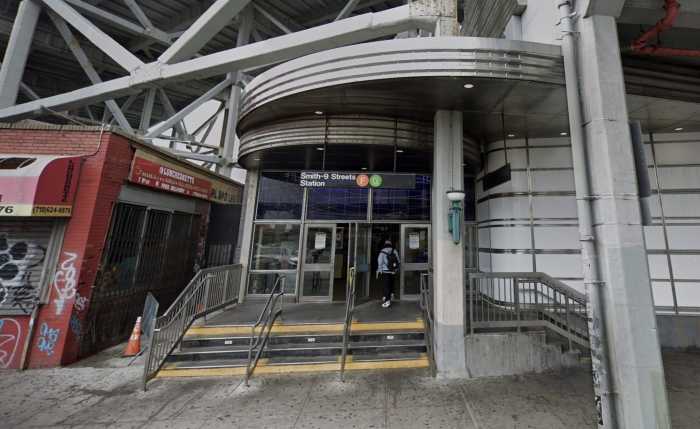The rise of artificial intelligence presents humanity with an extraordinary opportunity and a profound challenge. AI promises unprecedented progress, capable of transforming industries and improving lives for the better. However, it also poses significant risks, especially to workers in entry-level, white-collar, and easily automated jobs like car, bus, and truck drivers. The recent warning from Anthropic CEO Dario Amodei, who as a leading expert in AI believes that AI will eliminate half of all entry-level white-collar jobs within five years and drive unemployment to 20%, highlights the urgency of addressing these challenges today.
The rapid integration of AI in sectors like finance, law, consulting, and customer service creates a clear risk of exacerbating existing financial inequalities.
Entry-level jobs serve as essential stepping stones for career growth and economic stability. Without intentional and thoughtful policies, we risk creating a society where the advantages of AI disproportionately benefit a select few, leaving behind workers already facing economic hardship.
Exacerbating these challenges is the recent passage by the U.S. House of Representatives of the misleadingly named “One Big Beautiful Bill Act.” This legislation contains provisions that impose a 10-year federal moratorium on state-level AI regulations, invalidating over 60 existing laws designed to protect workers and consumers. This law would undermine states’ capacity to tailor regulations to their communities’ specific needs and to innovate regulatory solutions effectively. The Senate must not let this provision pass.
We, David Greenfield and Assemblymember Alex Bores, approach these issues by directly leveraging AI’s potential to protect and uplift communities. At Met Council, all employees are currently undergoing comprehensive tech and AI-literacy training, empowering front-line workers to use AI to automate paperwork while rigorously safeguarding client privacy. Met Council’s Market by Met Council platform exemplifies this transformative approach by using tech to deliver food to seniors’ homes, eliminating long in-person lines and ensuring that no food gets wasted at America’s largest kosher and halal food network.
Assemblymember Bores complements these practical innovations with targeted legislative safeguards. He has introduced a forward-looking package of bills in Albany to tackle AI’s most pressing challenges head-on. Bores’ legislative framework is designed to ensure AI advances responsibly, promoting transparency, economic fairness, and robust protections for workers and communities alike.
To responsibly harness AI’s potential while protecting families and communities, we advocate for a comprehensive, proactive strategy that includes:
1. Investing in Robust Workforce Relearning Programs: prioritizing and expanding workforce retraining efforts that provide skills complementary to AI. It’s not just retraining, it’s relearning—these initiatives must particularly support those most vulnerable to displacement, enabling smooth transitions into new and emerging industries so they’re not left behind.
2. Empowering State-Level Regulation and Innovation: States understand their local economies and communities best. They must retain the authority to develop and implement safeguards tailored to their specific needs, encouraging innovation and responsible AI deployment. Restricting states’ regulatory powers risks stifling both innovation and accountability.
3. Advocating for Federal Support for Responsible AI Development: Federal policy must complement and enhance state initiatives, not override them. Our federal representatives must reject any blanket moratorium on state regulations and instead advocate policies that ensure responsible AI development, encourage workforce retraining, and prioritize the economic security and dignity of American workers.
AI represents a historic chance to build a more prosperous, innovative, and equitable society. Yet, this transformative technology should not come at the expense of economic fairness. By investing in relearning, empowering state-level innovation, and pursuing responsible federal policies, we can ensure AI serves to uplift, rather than undermine, our communities. The time to act decisively is now, before unchecked AI advancements lead to irreversible societal divides.







































